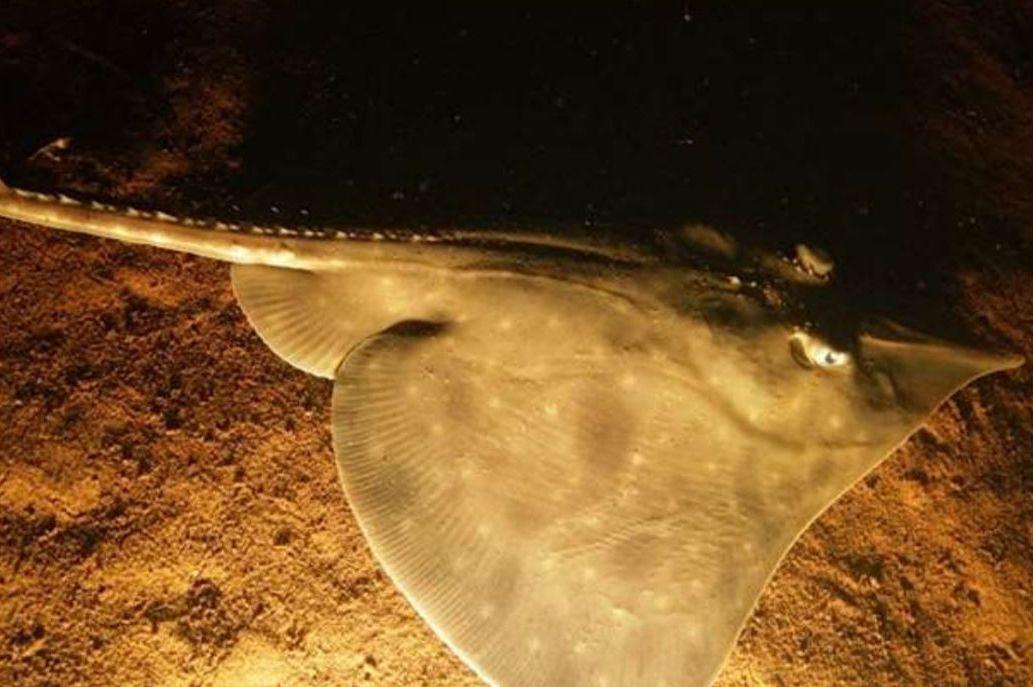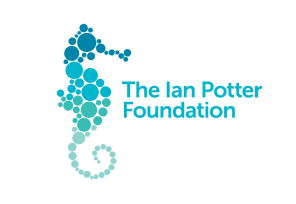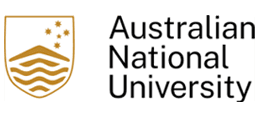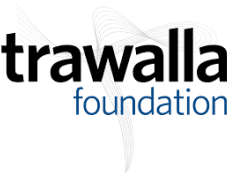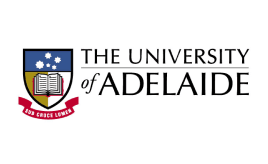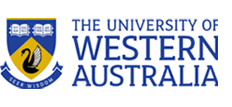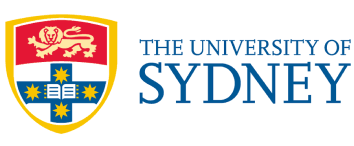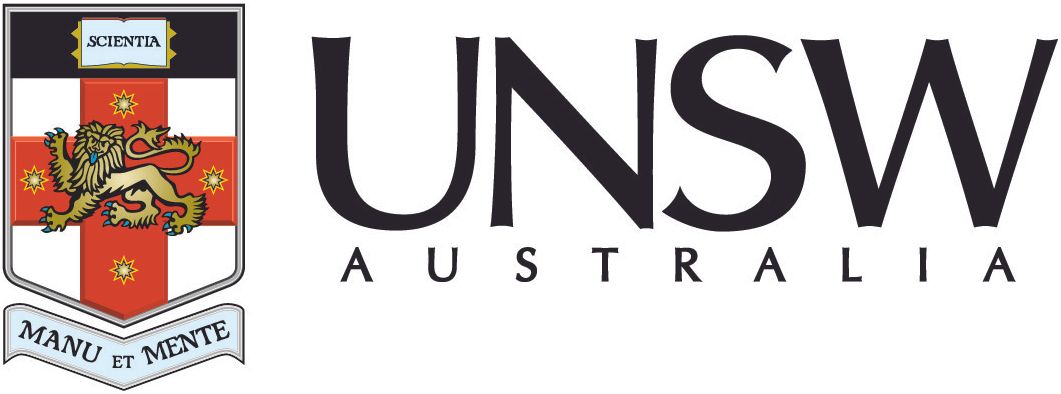The PM says the Maguean skate is fine, what does the science say?
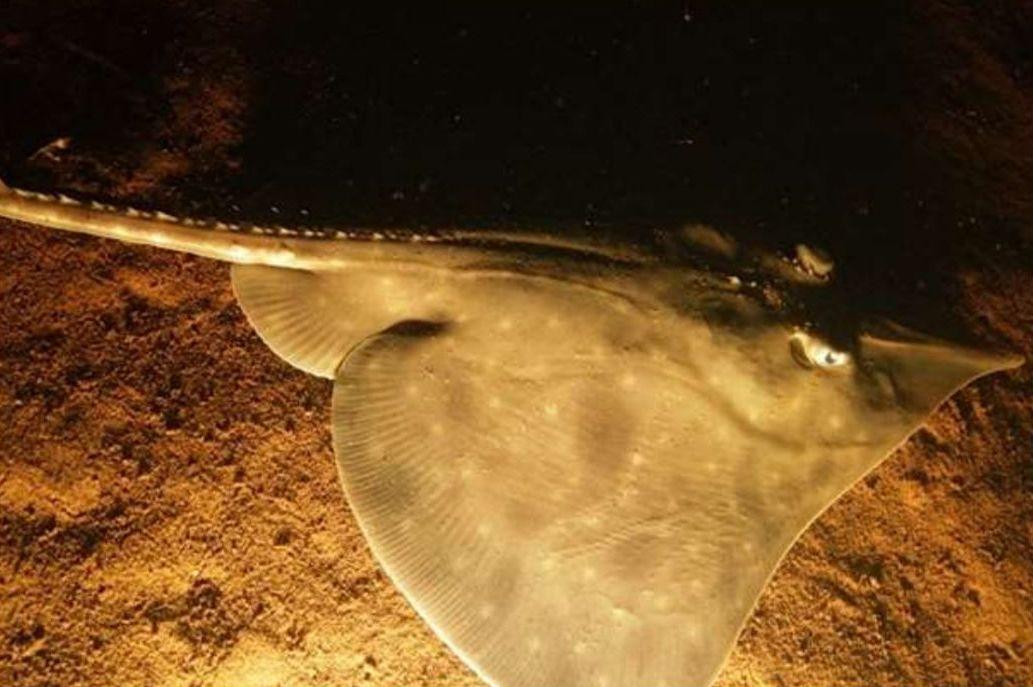
The Maugean skate is classified as Endangered under the Environment Protection and Biodiversity Conservation Act. Image source: Fisheries Research and Development Corporation Project 2013.
News story
25 March 2025
The Prime Minister has reported that numbers of the Maugean skate in Macquarie Harbour have returned to 2014 levels. So does this mean the future of the endangered fish is hunky dory?
This week, the Prime Minister will be rushing through amendments to Australia's national environmental law to allow salmon farming in Macquarie Harbour to continue operating without Commonwealth Government oversight, despite concerns over the survival of the Maugean skate; an Endangered ray found only in Tasmania.
The Prime Minister has argued that the Maugean skate is fine because numbers are the same as they were a decade ago, but, actually, that population count is only a small piece of a more complex situation. Here are a few reasons that we cannot yet consider the survival of the threatened skate as secure.

Macquarie Harbour, Tasmania, is the only area where the Maugean skate occurs. It was previously also found in Bathurst Harbour but has not been detected there in thirty years. Image source: M. Murphy, Wikimedia commons
Monitoring of the Maugean Skate in Macquarie Harbour indicates that between 2014 and 2022, Maugean skate numbers fell by three-quarters; a massively steep decline, which research indicates started much earlier.
The number of adults caught during monitoring has increased since 2022, returning close to 2014 levels, as the Prime Minister reported. While this may indicate some partial stabilisation of conditions for the skate, there are three reasons we should not pop the champagne and consider the work needed to save this species as complete:
- We only have two years of monitoring showing improved numbers, and monitoring results are highly variable over short periods. This means it is too soon to say whether the increase will be lasting or part of an ongoing trend of improvement.
- The number of young animals in the population declined significantly in 2009 and, despite increasing since, has not yet returned to pre-2009 levels. For long-term recovery, it is essential for young animals to be joining the population.
- There are still many knowledge gaps about how to ensure the long-term survival of this species. So far, managers are reading into tea leaves based on short-term correlations, but more research is needed to prove causes and effects.
This animal occurs only in one place in the world and is likely to remain a small population due to its limited habitat. Threats, including from human industries and climate change, could have catastrophic impacts, and ongoing monitoring will always be needed.
